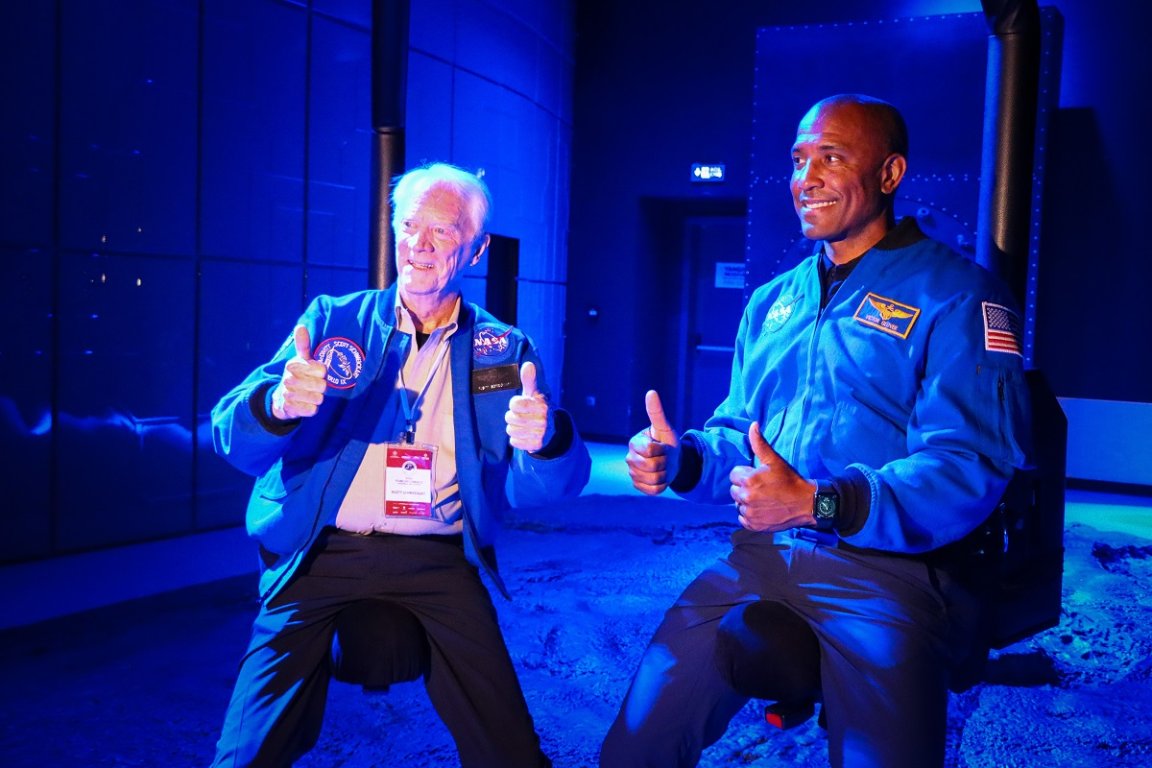
Calling Dibs
Now that NASA has had to once again push back the Artemis lunar mission, Congress is more anxious than ever that China will beat the US to the Moon.
Last week, the agency announced that there won’t be any landings on the Moon until September 2026, nearly a year past its already-pushed late 2025 due date — and as Space.com reports, there are a lot of members of Congress who see that as a huge geopolitical problem.
“The country that lands first,” Rep. Frank Lucas (R-OK), the chairman of the House of Representatives Committee on Science, Space and Technology, said in his opening remarks, “will have the ability to set a precedent for whether future lunar activities are conducted with openness and transparency, or in a more restricted manner.”
To be clear, NASA didn’t decide to push Artemis back on a whim.
Ahead of the official pushback announcement, Reuters reported based on anonymous insider intel that the agency is concerned that Elon Musk’s SpaceX won’t be able to deliver its Starship spacecraft in time — because, basically, its prototypes keep exploding.
While this slip is undoubtedly a bummer, the rhetoric surrounding the debacle is very reminiscent of the last space race between the US and the former USSR, which also resulted in the first and last humans touching down on the Moon more than 50 years ago.
Rep. Bill Posey (R-FL) even went so far as to say that by attaining the leading edge in the “ultimate military high ground” — by which he meant space — the United States would “control the destiny of this Earth.”
Safety First
Ranking committee member Rep. Zoe Lofgren (D-CA), meanwhile, seemed relatively alone in her worries for the safety of the mission and the people it will carry.
“Let me be clear: I support Artemis,” Lofgren said. “But I want it to be successful, especially with China at our heels. And we want to be helpful here in the committee in ensuring that Artemis is strong and staying on track as we look to lead the world, hand-in-hand with our partners, in the human exploration of the Moon and beyond.”
On the NASA end of things, concerns about China beating the US to the Moon are, it seems, pretty beside the point.
“I do not have a concern that China is going to land before us,” agency administrator Bill Nelson said last week just before the delay was announced. “I think they would like to land before us, because that might give them some PR coup. But the fact is that I don’t think they will.”
For a guy who just last year admitted he’s scared that the Chinese will seize parts of the Moon for itself, that response seems pretty level-headed — and hopefully, his hawkish allies in Congress will follow suit.
More on Moon missions: Japanese Moon Lander Dying After Touching Down on Lunar Surface